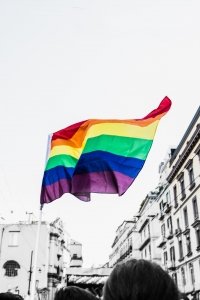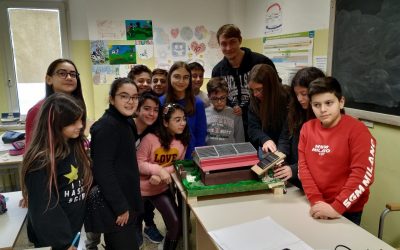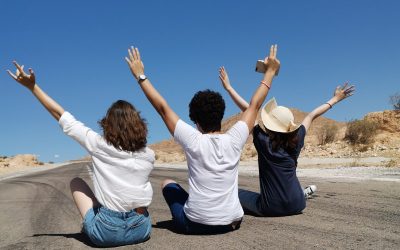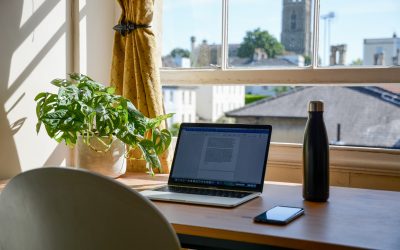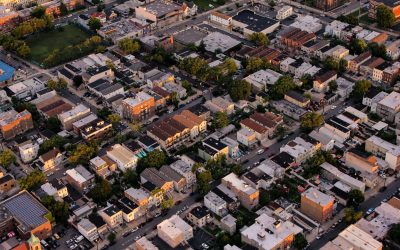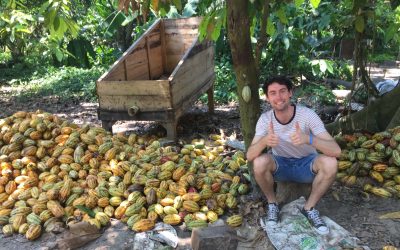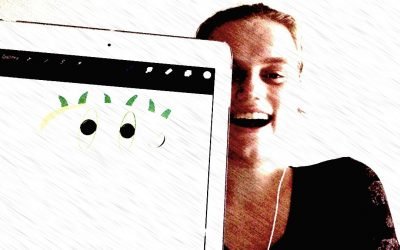When you look up normal in the dictionary, this (or anything similar) is the definition that you will get. Although this definition probably wouldn’t surprise you, it is still a pretty vague description. Who decides what is the conforming standard, usual, typical, or expected?
Today we live in a world in which people tell you to be different, but deep down, we all like to be ‘normal’. To me, normal is just an average of the behaviour that people are conforming to, at a specific time, place and within a group or specific society. If you have watched Friends, this quote will probably sound familiar to you:
‘’You know I’m an ice dancer, all my friends are gay, I was just trying to fit in’’ – Duncan, Friends S2:E4, The one with Phoebe’s Husband.
And although the support for being different is growing each and every day, people still tend to judge others a lot when they are not conforming to a specific norm. Discrimination, for example, is also a case of judging people because they are not conforming to a norm. It is not okay to make fun of people because of their skin colour, their language difficulties or any other reason. I truly hope that everyone will agree with these words and that everyone would want to live in a world in which people can be just themselves. However, racism, for example, is still a big problem. With the current coronavirus spreading, Chinese people in the Netherlands get harassed and called names, just because they look Asian.
The positive side
On the other hand, sometimes being different equals getting praised. This is happening to redheads for example. Years ago, children were bullied for their red hair, while today (with an occasional exception), redheads get a lot of compliments. In addition, the amount of red-headed people in tv shows and advertisements is extreme. Besides that getting compliments is always nice, it also makes dealing with negativity a lot easier. Although, those occasional names will probably make people want to be normal, even if it is just for once.
With this blog, I would like to make people aware of the fact that everyone should be able to be happy with themselves and be able to truly accept themselves. This will only be possible, once everyone starts to accept ‘different’ people, for who they truly are.
Just some facts
If you find yourself in a place in which people do not accept you for who you are, then the following arguments might make you feel better, and help you embrace your diversity:
1. Different people tend to be more creative
Science shows that being unique (and even being rejected by your direct society) can increase a person’s creativity. You being different than people in your environment will probably make sure that you provide solutions or ideas that are also different than those in your environment.
2. You will develop true and lasting friendships
It might be hard for you to conform to a specific norm, and make good friends. However, the few people in life that you do get along with will probably stay friends for life.
3. Being different prepares you for dealing with disappointments and success in life
Although this is quite a sad argument, in the end, getting rejections lets you deal with disappointments. Moreover, since ‘different people’ oftentimes prove themselves to others, they often times work very hard. This work ethic will lead to great success.
So remember that being different is a good thing. Of course, people can be different than what you are used to, but doesn’t make this an interesting world to live in? Probably the world would be pretty boring if there wouldn’t be any diversity.
This post was written by AIESEC in the Netherlands. We offer international voluntary projects and professional internships with the aim of developing leadership in youth. Read more of our experience stories here.

